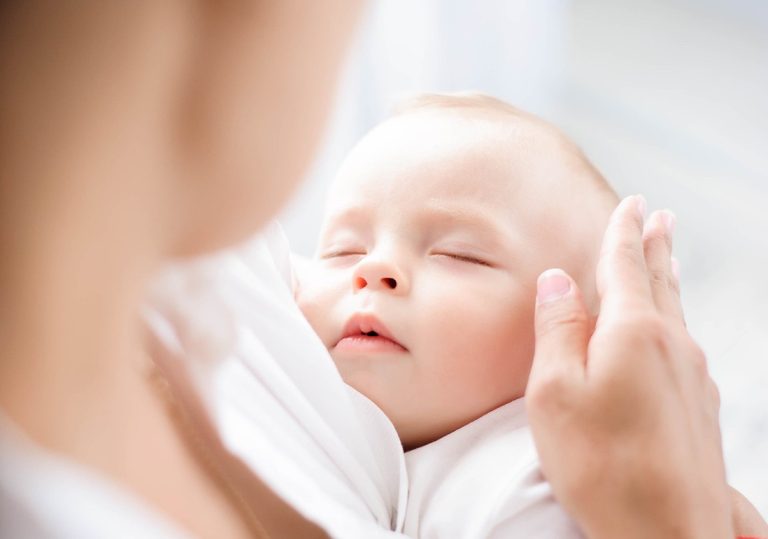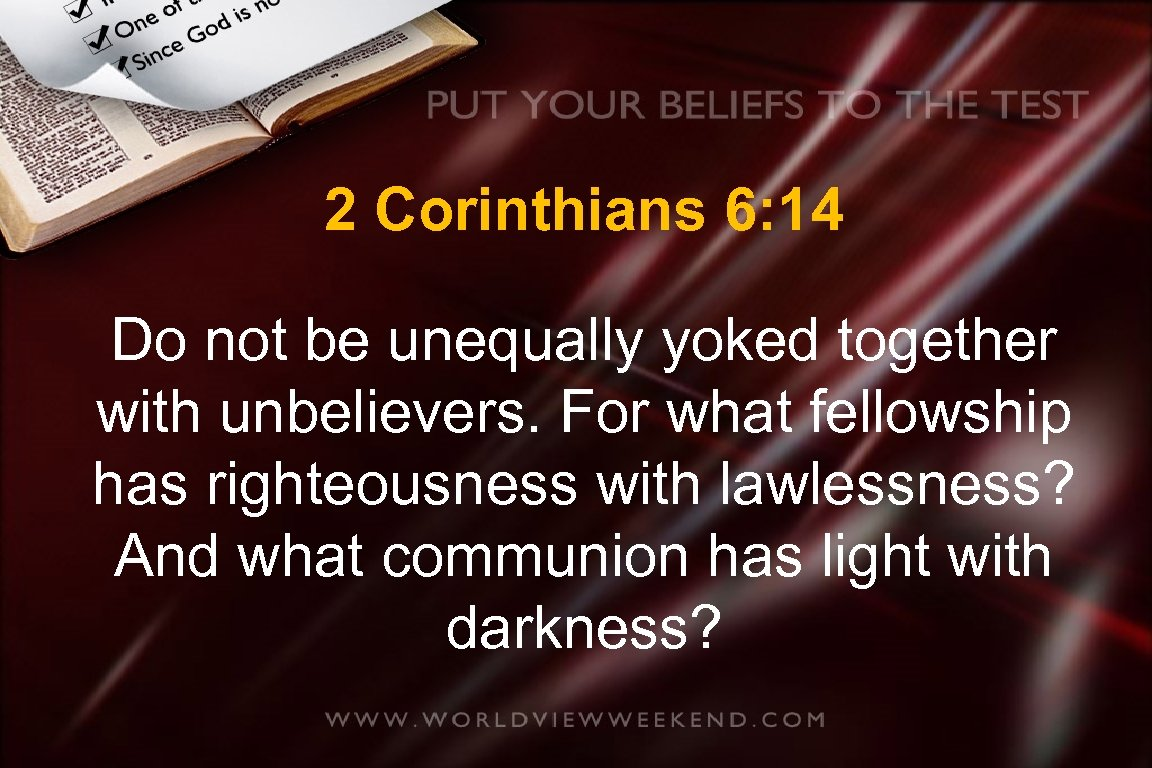Twelve Infants Die During Clinical Trials for FDA-Endorsed RSV Drug

BY AMBER BAKER
Republished below in full unedited for informational, educational, & research purposes.
On June 8, 2023, the U.S. Food and Drug Administration’s (FDA) Antimicrobial Drugs Advisory Committee (AMDAC) voted unanimously (21-0) in favor of AstraZeneca and Sanofi’s new nirsevimab (Beyfortus) monoclonal antibody drug believed to provide protection for infants from respiratory syncytial virus (RSV) disease and other lower respiratory tract infections during their first year of life.1
Citing a “favorable benefit-risk profile for the prevention of RSV lower respiratory tract disease (LRTD) in newborns and infants born during or entering their first RSV season,” AstraZeneca/Sanofi stated in a press release that the antibody may also have the potential to protect those born healthy at term or preterm, as well as with conditions that make them more susceptible to RSV disease.2
RSV is a common, typically-mild lower respiratory illness. In serious cases, the disease can lead to pneumonia or bronchiolitis, putting infants and the elderly at high risk for complications.
The RSV antibody comes on the heels of the world’s first RSV vaccine, GSK’s Arexvy, which was approved by the FDA last month for use in people 60 years of age and older. Pending final FDA approval, nirsevimab would become the first single-dose pharmaceutical intervention in the U.S. aimed at protecting babies from RSV infections through the age of two years.3
RSV Labeled a Major Public Health Threat After Unprecedented Surge in Cases
After COVID infections decreased, there was an “unprecedented” spike in RSV infections in infants that overwhelmed hospitals in 2022 and prompted pediatric health organizations to call on President Biden to declare a public health emergency after 17 states reported that more than 80 percent of their beds were full last fall.4
While some experts suggest the surge in respiratory viruses is a result of relaxing COVID-19 measures, others attribute the spike to “immunity debt,” or the idea that people’s immune systems were weakened from lack of normal, natural exposure to pathogens like RSV and influenza because of stay-at-home orders, prolonged mask-wearing, and social distancing that persisted for the better part of three years.5
The path to pharmaceutical RSV protection spans several decades, with clinical trials for an RSV vaccine ending abruptly in the 1960s after the shot unexpectedly sickened and hospitalized 80 percent of children in the trial. The inactivated virus used in the shot exacerbated the disease once trial participants caught RSV naturally, leading to two children’s deaths and researchers going back to the drawing board.6
Today, more than 60 years later, 12 infants have died during clinical trials of the new nirsevimab, two from “unknown causes” thought to be linked to sudden infant death syndrome (SIDS).7
Infant Deaths Attributed to Underlying Disease Despite Clinical Trials Requiring Healthy Participants
The other 10 infant deaths were attributed to “underlying disease.” However, according to Pfizer, clinical trials typically include healthy participants to assess the safety of the drug and any side effects, and only certain types of trials—such as those for oncology—would warrant the inclusion of sick patients versus healthy people.7 8
Before joining a clinical trial, according to the U.S. National Institutes of Health (NIH), participants must be given informed consent, as well as any information that allows the research team to determine whether or not they can participate in the study safely.9
As for the other 10 children’s deaths—attributed to a number of varying causes such as cardiac disease, a tumor, COVID, a skull fracture, pneumonia, two from gastroenteritis, and two from unknown causes—FDA official Melissa Baylor, MD said none of the deaths appeared to be related to the experimental drug nirsevimab.7
SIDS and the Importance of Black Box Warnings on Drugs
By definition, SIDS is an unexpected and unexplainable death that occurs in a “seemingly normal, healthy infant under one year of age.” In fact, nine out of 10 deaths in the study occurred around the two- and four-month mark, when well-baby visits to the pediatrician commonly precede the administration of multiple vaccines, such as the combined DTaP (diphtheria, tetanus, and acellular pertussis) in one visit, according to the U.S. Centers for Disease Control and Prevention’s (CDC) Immunization Schedule.10
Many drugs, including some routine childhood vaccinations for newborns, contain black box warnings on the manufacturer’s product inserts. A black box warning, the highest safety-related warning intended to alert the consumer to major risks of the drug, stamps the insert of any drug where trial participants died during clinical studies. Still, more often than not, as with the clinical trials of nirsevimab, the diagnosis of SIDS often overrules the occurrence of a potentially lethal drug reaction as the cause of death in an otherwise healthy infant.11
The FDA is slated to make a final decision on nirsevimab later this year. To date, the agency maintains it has not identified any safety concerns in its review of the drug.7
If you would like to receive an e-mail notice of the most recent articles published in The Vaccine Reaction each week, click here.
Click here to view References:
1 Pinsk A. A New Shot Prevents Serious Illness from RSV. Johns Hopkins Bloomberg School of Public Health Mar. 30, 2022.
2 Press Release. Nirsevimab unanimously recommended by FDA Advisory Committee for the prevention of RSV lower respiratory tract disease in infants. AstraZeneca June 8, 2023.
3 Press Release. FDA Approves First Respiratory Syncytial Virus (RSV) Vaccine. U.S. Food and Drug Administration May 3, 2023.
4 Kimball S. Children’s hospitals call on Biden to declare emergency in response to ‘unprecedented’ RSV surge. CNBC Nov. 18, 2022.
5 Christensen J. Pandemic ‘immunity gap’ is probably behind surge in RSV cases, scientists say. CNN Oct. 28, 2022.
6 Harding A. Research shows why 1960s RSV shot sickened children. Reuters Dec. 3, 2008.
7 Kimball S. FDA advisors recommend AstraZeneca, Sanofi antibody to protect babies from RSV. CNBC June 8, 2023.
8 Reed J. Do You Have What It Takes to Join a Phase 1 Clinical Trial? Pfizer 2021.
9 U.S. National Institutes of Health. NIH Clinical Research Trials and You, The Basics. Oct. 3, 2022.
10 Sudden Infant Death Syndrome (SIDS). Boston Children’s Hospital 2012.
11 Vitamin K Injection [PACKAGE INSERT]. Novaplus 2021.
